Every writer knows he is spurious; every fiction writer would rather be credible than authentic
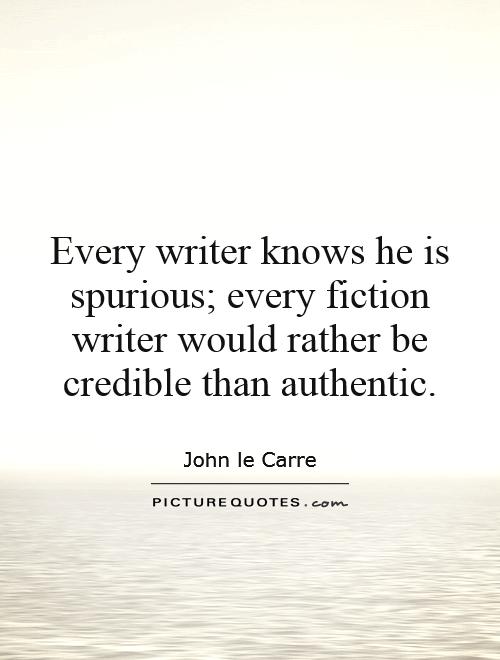
Every writer knows he is spurious; every fiction writer would rather be credible than authentic
John le Carré, the renowned British author of espionage novels, is a prime example of a writer who grapples with the tension between authenticity and credibility in his work. Known for his intricate plots, complex characters, and deep exploration of moral ambiguity, le Carré's novels often blur the lines between fact and fiction, leaving readers questioning the authenticity of the stories he tells.In his book "The Pigeon Tunnel: Stories from My Life," le Carré reflects on his own experiences as a former intelligence officer and how they have influenced his writing. He acknowledges the inherent spuriousness of his craft, recognizing that as a fiction writer, he is constantly walking a fine line between truth and fabrication. Despite this, le Carré strives to create credible narratives that resonate with readers and reflect the complexities of the real world.
One of the key themes in le Carré's work is the idea of authenticity in a world of deception and betrayal. His characters often grapple with questions of identity, loyalty, and morality, mirroring the author's own struggles with these issues. By delving into the murky world of espionage and political intrigue, le Carré exposes the duplicity and hypocrisy that lie at the heart of human nature, challenging readers to confront uncomfortable truths about themselves and the world around them.




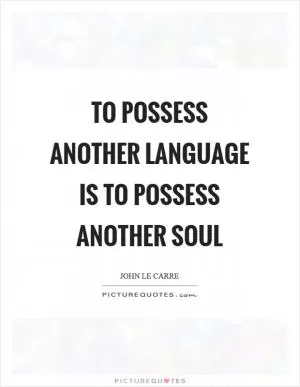


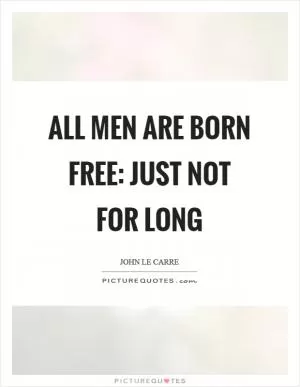
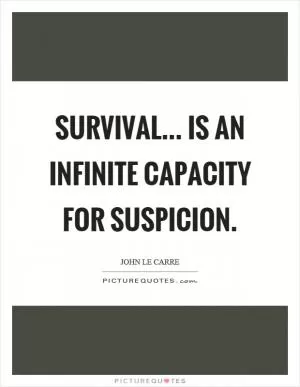
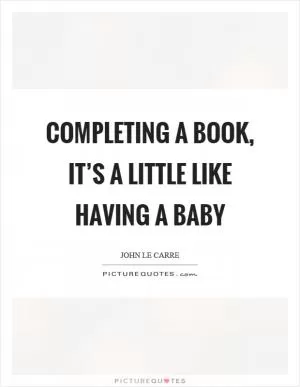


 Friendship Quotes
Friendship Quotes Love Quotes
Love Quotes Life Quotes
Life Quotes Funny Quotes
Funny Quotes Motivational Quotes
Motivational Quotes Inspirational Quotes
Inspirational Quotes